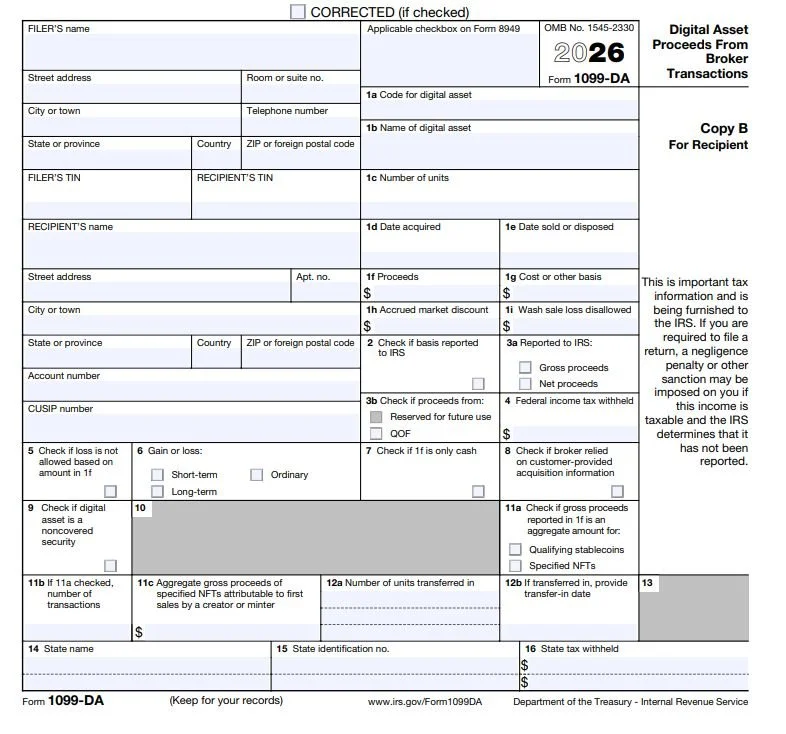When families pass down wealth, whether through real estate, investments, or business interests, few things are more important than understanding how taxes will apply. And here's the good news: the IRS gives heirs a major break through what's called the stepped-up basis rule.
At JCox CPAs & Advisors, we specialize in strategies that preserve your legacy and keep taxes in check. Let’s walk through what a stepped-up basis is, how it works, and why it could save your family thousands—maybe even hundreds of thousands—in capital gains tax.
What Is a Stepped-Up Basis?
Under IRC §1014, when you inherit an asset, the IRS allows you to "step up" the basis (i.e., the starting value used for calculating taxes) to the fair market value (FMV) on the date of death.
That means if your loved one bought a property for $200,000, worth $800,000 when they pass away, your new basis is $800,000. So, if you later sell it for $850,000, you only pay tax on the $50,000 gain, not the $650,000 gain.
This is huge for avoiding unnecessary capital gains tax.
Why It Matters Now More Than Ever
In 2025, the federal estate and gift tax exemption is set at $13.99 million (IRC §2010(c)). While that covers most estates, capital gains taxes still apply to many inherited assets when they’re sold.
Without proper planning, heirs can get hit hard.
A Real-World Example From JCox
Let’s look at how this works in action:
One of our long-time clients at JCox CPAs Advisors, P.C., purchased a commercial property in Grayson, GA, in 1999 for $350,000. By the time they passed away in 2024, the property had appreciated by $1.2 million.
The heir—his son—sold the property in 2026 for $1.35 million.
Thanks to the stepped-up basis, he only paid tax on the $150,000 gain ($1.35M - $1.2M), not the full $1 million gain from the original cost basis.
Result: He paid around $30,000 in capital gains tax instead of $200,000. That’s a $170,000 tax savings.
What Assets Qualify?
The stepped-up basis applies to a variety of inherited property, including:
Real estate
Stocks and mutual funds
Business interests
Art collectibles
Bank and investment accounts
However, retirement accounts like IRAs or 401(k)s are excluded under IRC §1014(c). These are taxed as ordinary income to the beneficiary upon withdrawal.
What If the Asset Drops in Value?
Here’s another twist: if the inherited asset lost value before the date of death, the step-up works in your favor, too. The basis is adjusted downward to FMV, so if the value later rises and you sell, the gain is only calculated from that adjusted point.
That said, if it keeps falling, you might even have a capital loss, which can help offset gains from other investments.
Final Thoughts: Legacy Protection That’s Smart and Strategic
At JCox CPAs & Advisors, P.C., we believe your legacy should be passed down, not taxed away. Whether you’re updating your estate plan or navigating a recent inheritance, knowing how the stepped-up basis works can protect your wealth for the next generation.







